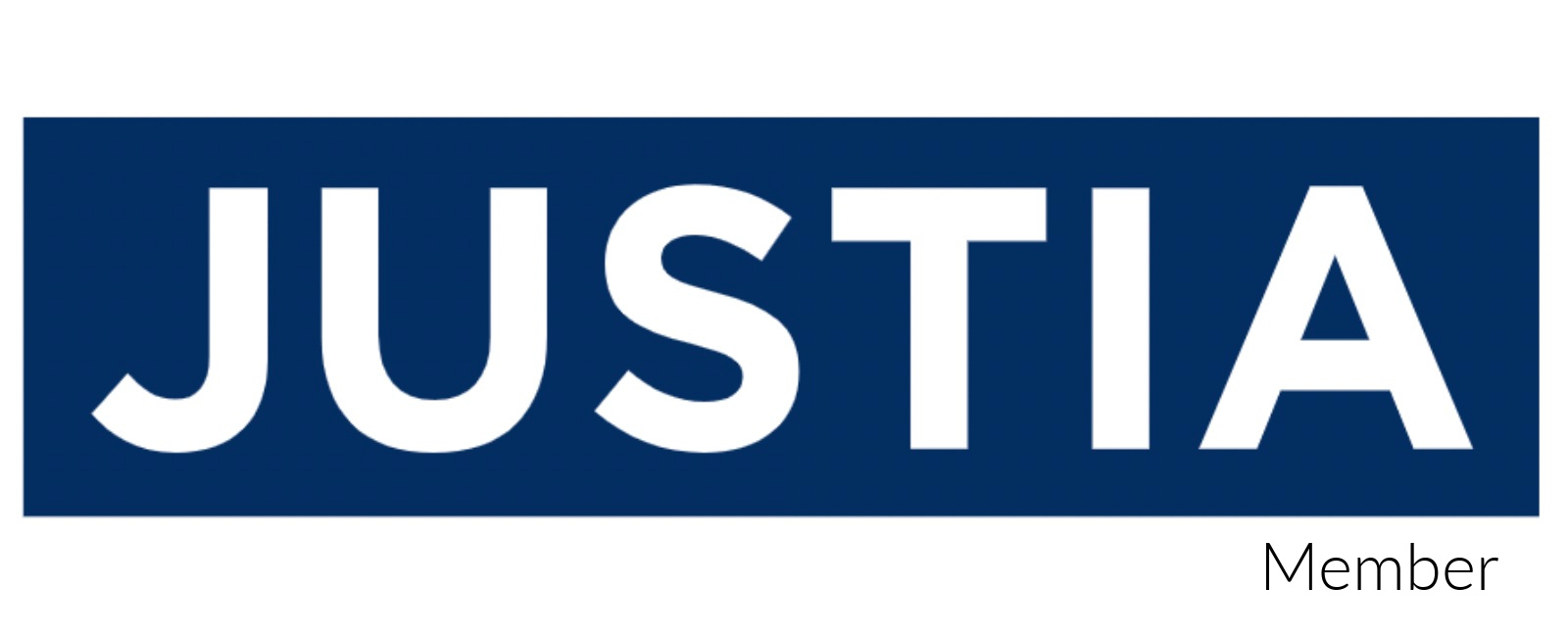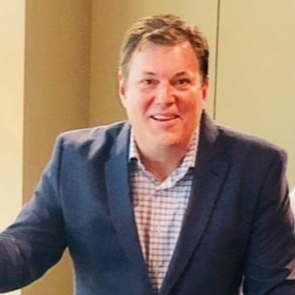- Contact Us Now: (877) 276-5084 Tap Here to Call Us
Prevailing Defendants in CUTSA trade secrets case can seek attorney fees
Introduction
The California Uniform Trade Secrets Act (“CUTSA”) allows for the recovery of reasonable attorneys’ fees and costs if “a claim of misappropriation [of trade secrets] is made in bad faith” The California legislature enacted this statute primarily to act as a “deterrent to specious claims of misappropriation. Section 3426.4 provides:
“If a claim of misappropriation is made in bad faith, a motion to terminate an injunction is made or resisted in bad faith, or willful and malicious misappropriation exists, the court may award reasonable attorney’s fees and costs to the prevailing party. Recoverable costs hereunder shall include a reasonable sum to cover the services of expert witnesses, who are not regular employees of any party, actually incurred and reasonably necessary in either, or both, preparation for trial or arbitration, or during trial or arbitration, of the case by the prevailing party.”
In enacting the statute, “the Legislature was concerned with curbing ‘specious’ actions for misappropriation of trade secrets, and such actions may superficially appear to have merit.” (Gemini Aluminum Corp. v. California Custom Shapes, Inc. (2002) 95 Cal.App.4th 1249, 1262 [116 Cal. Rptr. 2d 358].) An award of reasonable attorney fees may act “‘as a deterrent to specious claims of misappropriation. See Dr. V Prods., Inc. v. Rey, 68 Cal. App. 5th 793, 796, 283 Cal. Rptr. 3d 902, 904 (2021).
While CUTSA does not define the term “bad faith,” courts that have considered the issue have generally “held that bad faith requires objective speciousness of the plaintiff’s claim, as opposed to frivolousness, and subjective bad faith in bringing or maintaining the claim.” Direct Techs., Ltd. Liab. Co. v. Elec. Arts, Inc., 836 F.3d 1059, 1071 (9th Cir. 2016) (internal quotation marks and citation omitted); see also FLIR Sys., Inc. v. Parrish, 174 Cal. App. 4th 1270, 1275, 95 Cal. Rptr. 3d 307 (2009). Although the Legislature has not defined ‘bad faith,’ our courts have developed a two-prong standard: (1) objective speciousness of the claim, and (2) subjective bad faith in bringing or maintaining the action, i.e., for an improper purpose.”). See Workplace Techs. Rsch., Inc. v. Project Mgmt. Inst., Inc., No. 18cv1927 JO(MSB), 2023 U.S. Dist. LEXIS 75239, at *27 (S.D. Cal. Mar. 28, 2023).
An award of attorney fees for bad faith constitutes a sanction (Computer Prepared Accounts, Inc. v. Katz, (1991) 235 Cal. App. 3d 428, 431 [286 Cal. Rptr. 556]), and the trial court has broad discretion in ruling on sanctions motions. ( Tenderloin Housing Clinic, Inc. v. Sparks (1992) 8 Cal. App. 4th 299, 304 [10 Cal. Rptr. 2d 371].) “Assuming some evidence exists in support of the factual findings, the trial court’s exercise of discretion will not be disturbed unless it exceeds the bounds of reason. In reviewing the facts which led the trial court to impose sanctions, we must accept the version thereof which supports the trial court’s determination, and must indulge in the inferences which favor its findings. See West Coast Development v. Reed (1992) 2 Cal. App. 4th 693, 698 [3 Cal. Rptr. 2d 790].) Gemini Aluminum Corp. v. Cal. Custom Shapes, 95 Cal. App. 4th 1249, 1262-63, 116 Cal. Rptr. 2d 358, 368 (2002)
A. Objective Speciousness Exists
“Objective speciousness exists where the action superficially appears to have merit but there is a complete lack of evidence to support the claim.” FLIR Sys., 174 Cal. App. 4th at 1276. In order to prove that a claim is objectively specious, “it is enough for defendants to point to the absence of evidence of misappropriation in the record.” Cypress Semiconductor Corp. v. Maxim Integrated Prods., Inc., 236 Cal. App. 4th 243, 260, 186 Cal. Rptr. 3d 486 (2015). A defendant “is not required to conclusively prove a negative (i.e., that they did not steal [the plaintiff’s] trade secrets).” Id. (internal quotation marks omitted).Workplace Techs. Rsch., Inc. v. Project Mgmt. Inst., Inc., No. 18cv1927 JO(MSB), 2023 U.S. Dist. LEXIS 75239, at *28 (S.D. Cal. Mar. 28, 2023).(emphasis added).
See United States Auto Parts Network, Inc. v. Parts Geek, LLC, No. CV 09-4609-JFW (RZx), 2010 U.S. Dist. LEXIS 153412, at *11 (C.D. Cal. July 30, 2010) (finding a plaintiff’s trade secret claim to be objectively specious where plaintiff was unable to identify or describe its trade secret with sufficient particularity).
As California courts have recognized a central issue in all trade secret litigation is the adequacy of a plaintiff’s pre-discovery disclosure of the alleged trade secrets required by California Code of Civil Procedure section 2019.210. Section 2019.210 provides that a plaintiff suing for misappropriation of trade secrets must identify the alleged trade secrets with “reasonable particularity” before commencing discovery. This never happened.
California Civil Code section 3426.4 authorizes the trial court to award attorneys’ fees as a deterrent to specious trade secret claims. (FLIR Systems, Inc. v. Parrish (2009) 174 Cal.App.4th 1270, 1275.) Compelling a plaintiff to disclose the alleged trade secrets with “reasonable particularity” can be the first step in proving “bad faith.” The purpose of section 2019.210 has been outlined in Advanced Modular Sputtering, Inc. v. Superior Court (2005) 132 Cal.App.4th 826. (See also, Perlan Therapeutics v. Superior Court (2009) 178 Cal.App.4th 1333.) These four purposes include: (1) promoting well-investigated claims and discouraging the filing of meritless trade secret complaints; (2) preventing plaintiffs from abusing the discovery process to learn about defendants’ trade secrets; (3) framing the issues in order to place reasonable limitations on discovery from defendants; and (4) allowing defendants to formulate well-reasoned defenses and not have to wait until the eve of trial. (Advanced Modular, supra, 132 Cal.App.4th at 833-34.
See Workplace Techs. Rsch., Inc. v. Project Mgmt. Inst., Inc., No. 18cv1927 JO(MSB), 2023 U.S. Dist. LEXIS 75239, at *28 (S.D. Cal. Mar. 28, 2023), In this Court’s view, PMI failed to clearly identify the trade secret that it claims WTRI misappropriated. As a result, no reasonable jury could find that PMI owned a trade secret, much less that WTRI misappropriated it. See Inteliclear, LLC v. ETC Glob. Holdings, Inc., 978 F.3d 653, 658 (9th Cir. 2020) (to prove ownership of a trade secret, a plaintiff should describe the subject matter of the trade secret “‘with sufficient particularity to separate it from matters of general knowledge in the trade or of special knowledge of those persons . . . skilled in the trade.'”) (quoting Imax Corp. v. Cinema. Techs., Inc., 152 F.3d 1161, 1164 (9th Cir. 1998) (emphasis in original)).
Moreover, “subjective bad faith” will “rarely be susceptible of direct proof; usually the trial court will be required to infer it from circumstantial evidence.’ ” Gemini Aluminum Corp. v. California Custom Shapes, Inc., 96 Cal. App. 4th 1249, 1263 (2002). Further, subjective bad faith “may be inferred where the specific shortcomings of the case are identified by opposing counsel, and the decision is made to go forward despite the inability to respond to the arguments raised.” Id. at 1264. Subjective bad faith exists where a plaintiff intends to cause unnecessary delay, filed the action to harass, or harbored other improper motives. FLIR Systems, 174 Cal. App. 4th at 1278. Finally, “[a] court may find subjective misconduct by relying on direct evidence of [the] plaintiff’s knowledge during certain points in the litigation and may also infer it from the speciousness of [the] plaintiff’s trade secret claim and its conduct during litigation.” Computer Econs., Inc. v. Gartner Group, Inc., No. 98-CV-0312 TW (CGA), 1999 U.S. Dist. LEXIS 22204, at *18-19 (S.D. Cal. Dec. 14, 1999).
B. Subjective Bad Faith Exists
Subjective bad faith under section 3426.4 “means the action was commenced or continued for an improper purpose, such as harassment, delay, or to thwart competition.” SASCO v. Rosendin Elec., Inc., 207 Cal. App. 4th 837, 847, 143 Cal. Rptr. 3d 828 (2012). (emphasis added).
The test “is not what the plaintiff believed about its objectively specious claim, but for what purpose it pursued such a claim.” Cypress, 236 Cal. App. 4th at 267 (emphasis in original). “A subjective state of mind will rarely be susceptible of direct proof; usually the trial court will be required to infer it from circumstantial evidence.” Gemini Aluminum Corp. v. Cal. Custom Shapes, 95 Cal. App. 4th 1249, 1263, 116 Cal. Rptr. 2d 358 (2002) (internal quotation marks omitted). Workplace Techs. Rsch., Inc. v. Project Mgmt. Inst., Inc., No. 18cv1927 JO(MSB), 2023 U.S. Dist. LEXIS 75239, at *30-31 (S.D. Cal. Mar. 28, 2023). (emphasis added).
See Cummings v. Benco Building Servs. (1992) 11 Cal.App.4th 1383, 1387-88; see also Williams v. Chino Valley (2015) 61 Cal.4th 97, 115 [recognizing that a defendant may recover fees only if the action “was objectively without foundation when brought, or the plaintiff continued to litigate after it clearly became so“].
See CRST Van Expedited, Inc. v. Werner Enters., Inc. (9th Cir. 2007) 479 F.3d 1099, 1121-22 [affirming award of attorney’s fees to prevailing defendant in trade secret case because there was “no proof in the record that [the purported trade secrets were] worth anything”]; Yield Dynamics, Inc. v. TEA Systems Corp. (2007) 154 Cal.App.4th 547, 578.)
See Cypress Semiconductor Corp. v. Maxim Integrated Products, Inc., No. H038555, 2015 WL 1911121 (Cal. Ct. App., Apr. 28, 2015) upholding an award of more than $180,000 in attorneys’ fees under the California Uniform Trade Secret Act (CUTSA) for bringing a bad faith misappropriation claim, the California Court of Appeal found that “Cypress filed a complaint that was . . . meritless on its face, based upon theories of liability that were not merely specious, but nonsensical. The apparent purpose of the lawsuit was to cow Maxim, and perhaps other competitors, into refraining from conduct in which . . . they had every right to engage.” Cypress Semiconductor Corp. v. Maxim Integrated Products, Inc., No. H038555, 2015 WL 1911121 (Cal. Ct. App., Apr. 28, 2015) (emphasis added).
Contact a California Trade Secret Law Firm
We can represent both Plaintiff and Defendants in CUTSA trade secret actions whether in arbitration, mediation or litigation. Call us at (877) 276-5084 for a free initial consultation.









